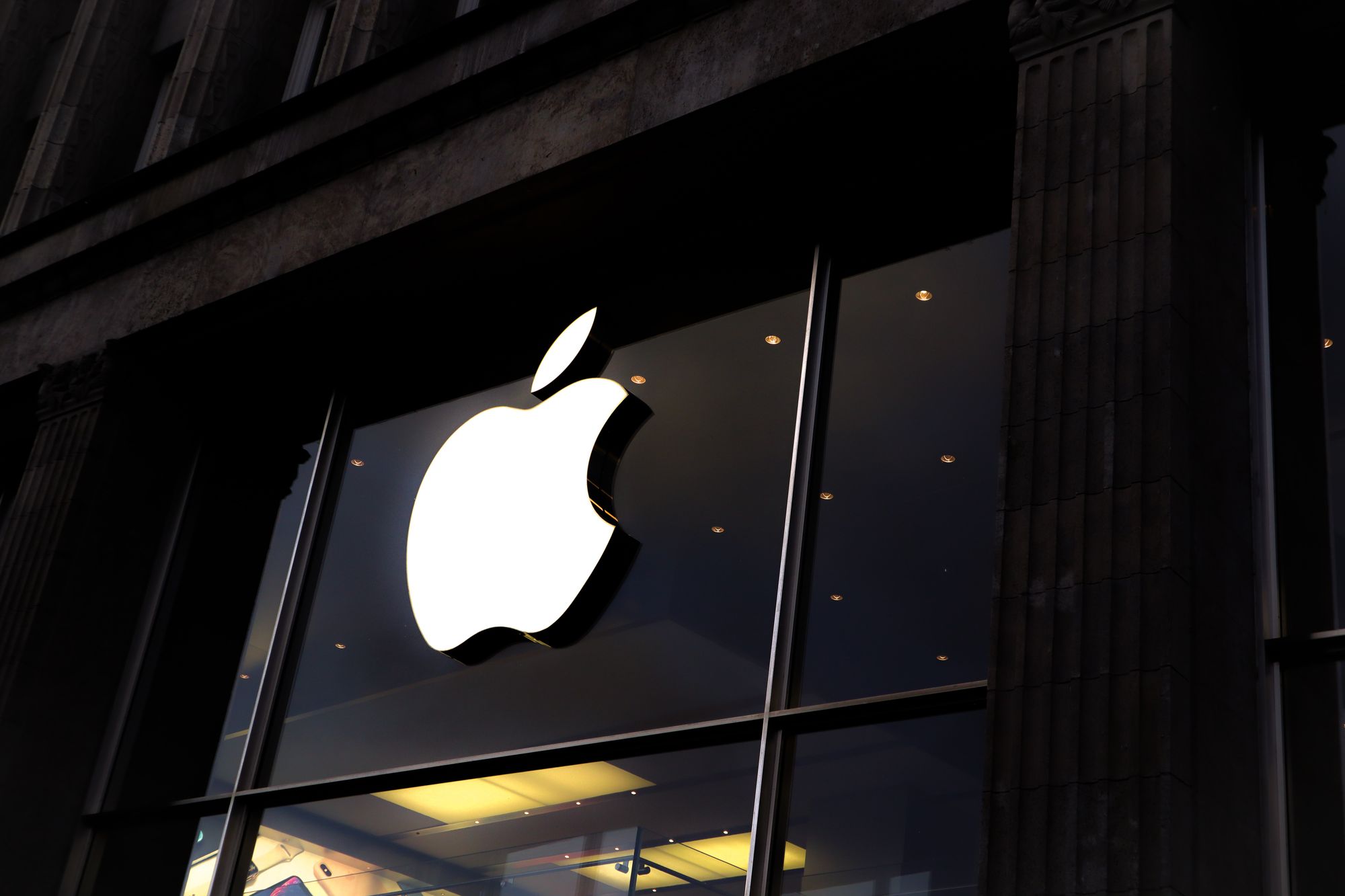Meta surpass 20 million VR headsets, but why the lack of engagement?

Meta have now surpassed 20 million VR headsets sold worldwide, which is some feat, but the promised land of mass user engagement, and a real push towards making extended reality usage a daily occurrence has fallen somewhat short of the mark.
But let's not bash Meta, rather applaud their considerable efforts in a fledgling marketplace.
Strong head currents for new fish
Meta/Oculus have a problem with keeping new players in VR delighted, engaged and coming back, especially ones that bought a Quest 2 over the holidays, but why...?
There has been a lot written and said about how the Oculus store is a bit of a nightmare to navigate, especially for new fish. Certainly from my own perspective, I have found this to be true. Maybe a greeter, much like they have in Horizon Worlds could possibly ease this .
So that's one bottle neck that is potentially putting new users off, especially when mobile apps, because of the maturity of the ecosystem, are well versed in seamless, ultra light touch onboarding.

The lack of diversification of games
Let's face it, there are some pretty awesome games on Oculus, but they are often very hard to find, or hidden. I'll come back to that. The current crop of fitness and mental wellbeing offerings are all excellent, just find what fits your exercise style and needs, and get on with it.
But outside of wellbeing use cases, when I look at the games library, I have a choice to shoot aliens, shoot zombies (lots of them), shoot soldiers, yeah, enough shooting already.
My point is, it's all very "samey", and I wonder if this lack of game diversity, or to use a term of phrase from the crypto boi's, "a lack of utility"coupled with a poor "in-store" experience is making the new fish less interested.
We have literally a few seconds to wow, tantilise, reward and keep our players happy. Hand on heart, is Meta providing that at point of entry and beyond for completely new fish?

What's the answer?
Meta are not entirely friendly when it comes to their data policy within Oculus, this currently limits what developers can, or want, to put on the store.
From a health or medical perspective, the platform is not HiPPA compliant. This then restricts the very best use cases of Mixed Reality (MR) to either a dumbing down of what could or might be.
When I talked earlier about utility, I mean everyday use cases, I mean seeing a virtual Doctor or Clinician (and a million other use cases), proper diagnostics where MR is better than Telehealth for example.
There are so many use cases that are not held within the Oculus store that it has just become a lopsided ship full of zombies listing to starboard, a place for the old school gamers, the early adopters of VR to shoot stuff and work out, but not much else.

Apple to the rescue?
I have already written about the potential that Apple's new upcoming mixed reality headset could bring.

So the obvious things are:
- Data security: Apple stake their reputation of the security of users data, for both retail and business applications.
- Medical: Diagnostics and the possibility of HiPPA compliance, allowing for possible FDA and CE approval of some apps that can be classed as medical devices. Without a HiPPA compliant platform, products can't and won't scale in MR as you need to buy, rent or lease tens of thousands of MR headsets, it is cost prohibitive and unsustainable as a business model.
- Platform maturity: Apple have years of experience in building an easy to navigate shop, where all apps have exposure to the public via search, or where the game developer can advertise directly within the actual store to drive traffic to their new app based on the user's search criteria, preferences and past purchase history.
- Diversification of offerings: I can't begin to imagine all the use cases of the apps in the app store, it is unfathomable.
- Stores: Apple have the advantage, rather like the maturity of the app store, to have an in person Apple store in most towns, globally, try before you buy on the high street.
Conclusion
Meta have poured a lot of coin into market making, we all know how hard that is if you've ever built a product and tried to get traction, especially if it's a really new concept. Ironically, if you advertise on facebook, the algorithm needs to be fed serious money for three months just to get a glimmer of who your defined audience really is.
So, for Meta to survive, not even compete in a world where Apple has a real live MR headset in the wild, they will need a more open approach to the data usage, games and services, yes I said services.
Services bring back people every day out of necessity and need, they don't need to shoot zombies, therefore after a short while of that, and without anything of real "utility" then the new fish will quickly lose interest and stuff their faces back into their iPhones where engagement is guaranteed.
Ask yourself this, where does anything in the Oculus store rank on Maslow's Hierarchy of needs?
I'll wait here.....


